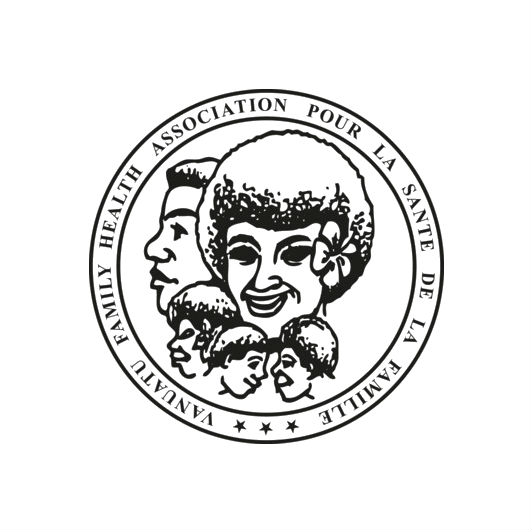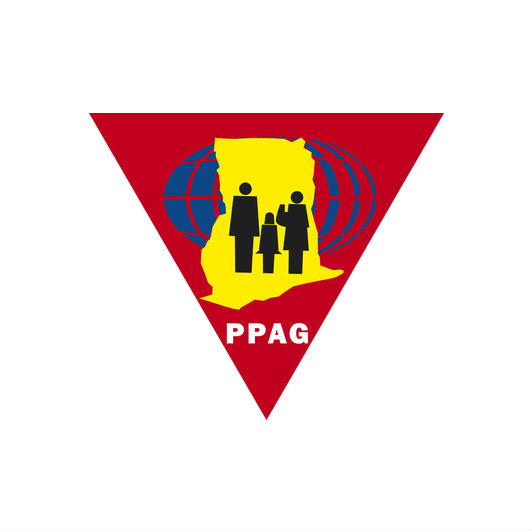

| 31 March 2016
Vanuatu Family Health Association
As Vanuatu's pioneering sexual and reproductive health and rights (SRHR) organisation, VFHA is a trusted provider of SRHR services and commodities to the nation of 271,000. It works closely with the Ministry of Health (MOH) to provide service delivery from its two main clinics, advocating to political and religious leaders and conducting educational campaigns targeting youth and the broader community. Fifty-eight per cent of the population is below 24-years-old so the needs for sexual and reproductive health (SRH) services are significant. Vanuatu has a high static fertility and high teenage fertility rates, rising rates of sexually transmitted infections (STIs) and low rates of contraceptive prevalence. About 76 per cent of the population lives in rural areas, making it difficult and expensive to provide quality reproductive health (RH) The association was also the leading NGO on the provision of SRHR services during the Post Cyclone Winston Response that has devastated the lives of the people of Vanuatu. Lives were touched during the response as they were able to go to the rural and remote areas on the provision of services.

| 31 March 2016
Planned Parenthood Association of Ghana
Ghana is a country which has deep-rooted cultural norms, and structural barriers that perpetuate poor sexual and reproductive health. These include high risks of maternal mortality, high numbers of sexually transmitted infections, including HIV, and low levels of contraceptive use. The Planned Parenthood Association of Ghana (PPAG) was set up in 1967 to provide family planning services to the people of Ghana. Over the years, its work has expanded to cover a whole range of sexual and reproductive health (SRH) services. Today, in addition to basic family planning support, PPAG provides maternal and child health care, infertility management, and voluntary counselling and testing (VCT) for sexually transmitted infections (STIs) including HIV. It also provides other SRH services (for example, programmes for the management of erectile dysfunction). PPAG’s operation depends on a team of 103 staff, over 1,000 volunteers, 300 peer educators, 551 community-based distributors (CBDs) and a Youth Action Movement membership of 810 young people. PPAG's delivers services and programmes through 1,356 service points, including 11 permanent clinics, 54 mobile clinics and over 1,000 community-based service points (CBSs). PPAG works with a huge roster of partners, right across government in health, education, HIV and AIDS, youth, and population planning departments. Its civil society networks include over 15 non-governmental organizations. It receives financial support from the Japanese International Cooperation Agency, the Japanese Organization for International Cooperation in Family Planning, UNFPA, the Programme For Appropriate Technology in Health (PATH), the African Youth Alliance (AYA), the Big Lottery Fund (BLF) of UK, DANIDA, the French Embassy, the UK’s Department for International Development (DfID), UNICEF and GTZ.







